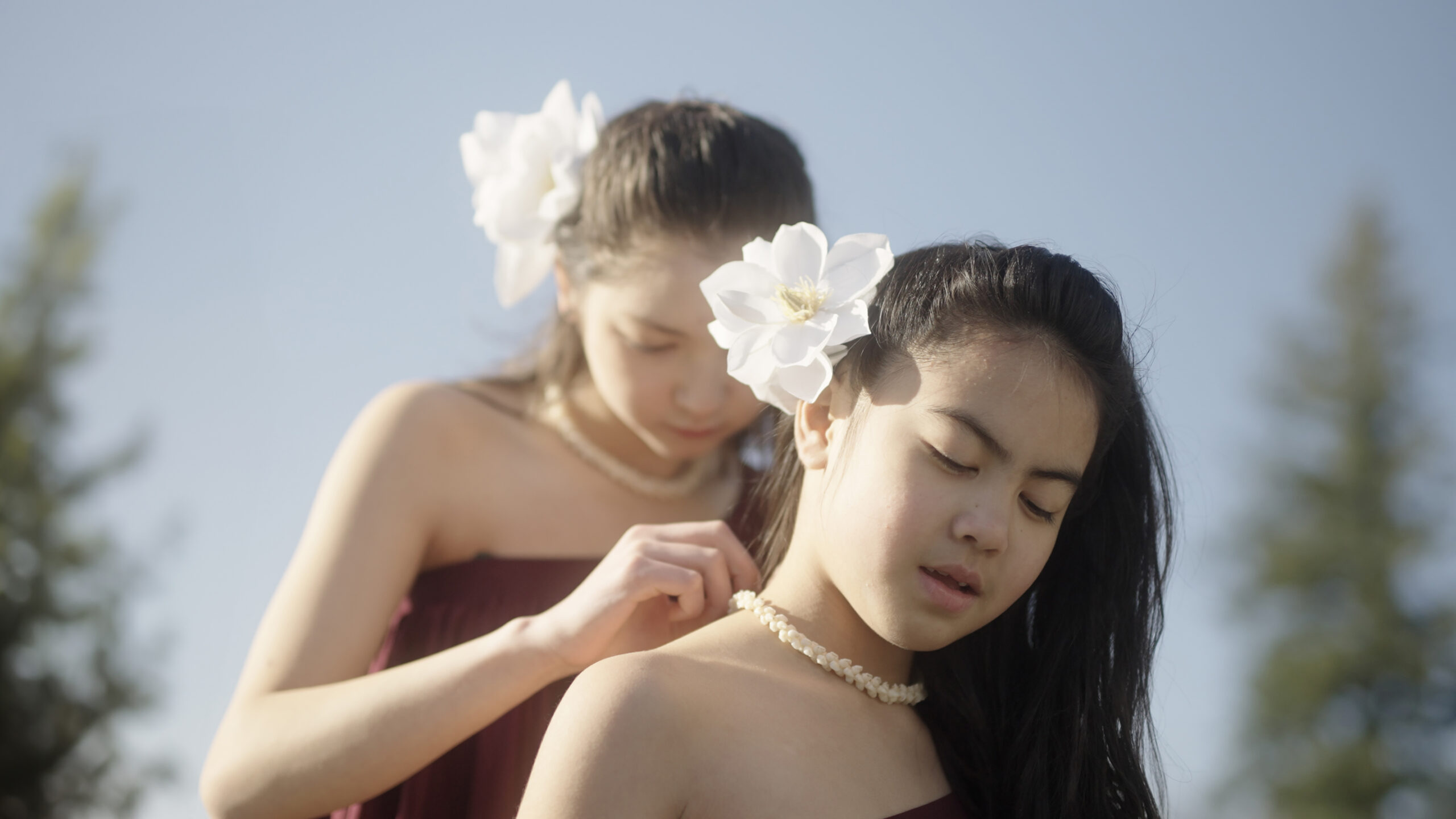The subtitle of HIFF’s HOMEGROWN shorts program is a very telling one: “A Part Of/Apart From.”
Chloe Walters-Wallace, director of regional initiatives for Firelight Media, who produced this program, said “In commissioning these eight documentary short films for the collection, … we hope to shed light on the perspectives and experiences of the residents and descendants of Hawai‘i and the U.S. territories – the U.S. Virgin Islands, Guam, Northern Mariana Islands, American Samoa, and Puerto Rico – which are all too often de-centered in conversations about American democracy and culture.
“We are grateful to our partners at Pacific Islanders in Communications, Black Public Media, and Latino Public Broadcasting, PBS and our station partners, the Corporation for Public Broadcasting, and our filmmaker mentors for ensuring that these vital films and filmmakers have the resources they need to reach the broadest audience possible,” she said.
Three of the documentary filmmakers offered their takes on their projects and what they hoped the audience would get out of them.
“I think, for me, the entire process has been about healing,” said Cris Romento, director of DEAR ALOHA. “We are talking about the Hawaiian Diaspora, and the choice to leave – and if it is a choice, given our history. I hope that whomever this film finds, they understand this film came through a place of healing.
“I wanted a space to explore contemporary Hawaiian experiences – and that experience is not in Hawai‘i. And for the majority of Hawaiians, this is the reality. More Native Hawaiians now live away from the islands. It’s a deeply personal story for me, as a Diasporic Hawaiian. I feel that no matter where you’re from, there is an intimate story of healing, loss, and belonging in DEAR ALOHA that can resonate with audiences,” Romento said.
NOT A U.S. CITIZEN – co-directed by John “Niko” Patu and Gabby A. Faaiuaso – explores the unique legal status of two American Sāmoa residents in particular as non-citizen nationals of the United States. Patu said he wants to amplify the voices of his people, “especially those who would be most impacted by the citizenship issues, by giving them a platform to tell their stories.”
He also wanted “to encourage discussion amongst our people around our relationship with the U.S., the implications of citizenship on Indigenous rights to land, culture, and our chiefly system that sustains them.”
Faaiauaso added that “Soālaupule is a Samoan belief that when you gather together to discuss and come to an understanding, sharing power and decision-making amongst your people, good always comes of it.
“This film was inspired by the birthright citizenship case, where the national discourse only shares the perspectives of a few U.S. nationals who had taken it all the way to the Supreme Court and were denied. Our hope is to start this discussion and “soālaupule” with our community in American Sāmoa and the diaspora that lives on the U.S. continent.
“It is an effort for self-determination that should be considered so that all those who are affected have a say,” said Faaiauaso.
The other shorts in the HOMEGROWN program include, from Puerto Rico, CASA LAUREL (Pati Cruz Martinez) and ESCAMBRÓN, PLAYA (Maria del Mar Rosario); WATERS OF PU‘ULOA (Hawai‘i, Tiare Ribeaux), CHAMORU: A LOST LANGUAGE (Guam, Brian Muna), and from the U.S. Virgin Islands, WHAT THE STORMS TAUGHT US (John P. Wheatley) and WE ARE TAINO (Emmanuel Phillips).



